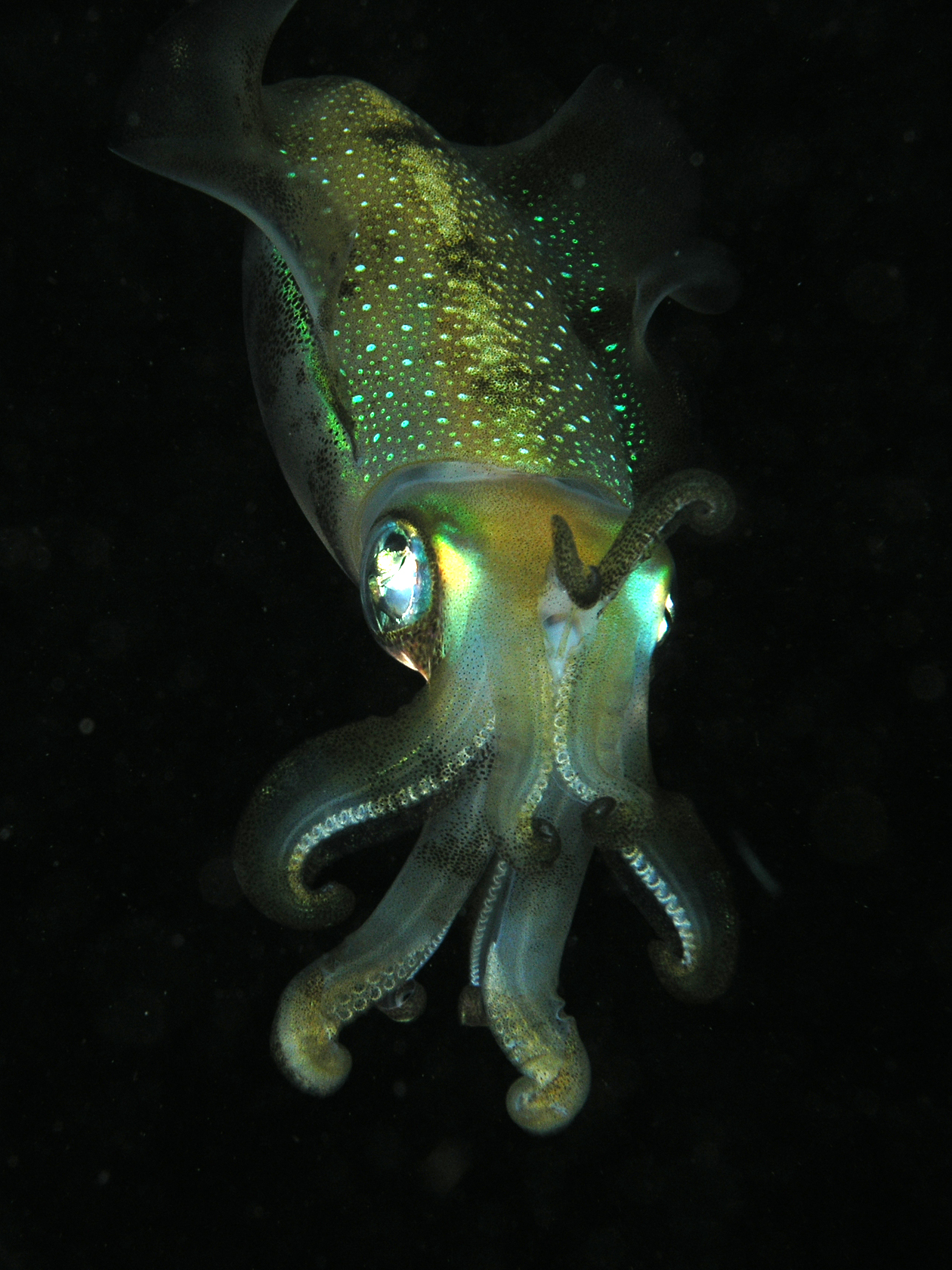|
Malakozoologische Blätter
Malakozoologische Blätter was a German-language journal for malacology. It was published from 1854 to 1891 as a continuation of '' Zeitschrift für Malakozoologie'' (which was published 1844–1853). Karl Theodor Menke and Ludwig Karl Georg Pfeiffer were joint co-editors-in-chief, until Menke's death in 1861 after which Pfeiffer became sole editor-in-chief. Upon Pfeiffers's death in 1877, Stefan Clessin Stefan Clessin (13 November 1833, in Würzburg – 21 December 1911, in Regensburg) was a German malacologist. He served as a military officer, and from 1862 worked for the Bavarian railways. He was an editor of the '' Malakozoologische Blätter' ... became sole editor-in-chief and continued in that capacity until cessation of publication with the last volume in 1891. The volumes from 1854 through 1878 were numbered from 1 to 25. The volumes from 1879 through 1891 were numbered in a new series (''Neue Folge'') from 1 through 11 with volumes 3 and 4 both for the year 1881 (so that ... [...More Info...] [...Related Items...] OR: [Wikipedia] [Google] [Baidu] |
Malacology
Malacology, from Ancient Greek μαλακός (''malakós''), meaning "soft", and λόγος (''lógos''), meaning "study", is the branch of invertebrate zoology that deals with the study of the Mollusca (molluscs or mollusks), the second-largest phylum of animals in terms of described species after the arthropods. Mollusks include snails and slugs, clams, and cephalopod, cephalopods, along with numerous other kinds, many of which have mollusc shell, shells. Fields within malacological research include Taxonomy (biology), taxonomy, ecology and evolution. Several subdivisions of malacology exist, including conchology, devoted to the study of mollusk shells, and teuthology, the study of cephalopods such as octopus, squid, and cuttlefish. Applied malacology studies medical, veterinary, and agricultural applications, for example the study of mollusks as vectors of schistosomiasis and other diseases. Archaeology employs malacology to understand the evolution of the climate, the biota ... [...More Info...] [...Related Items...] OR: [Wikipedia] [Google] [Baidu] |
